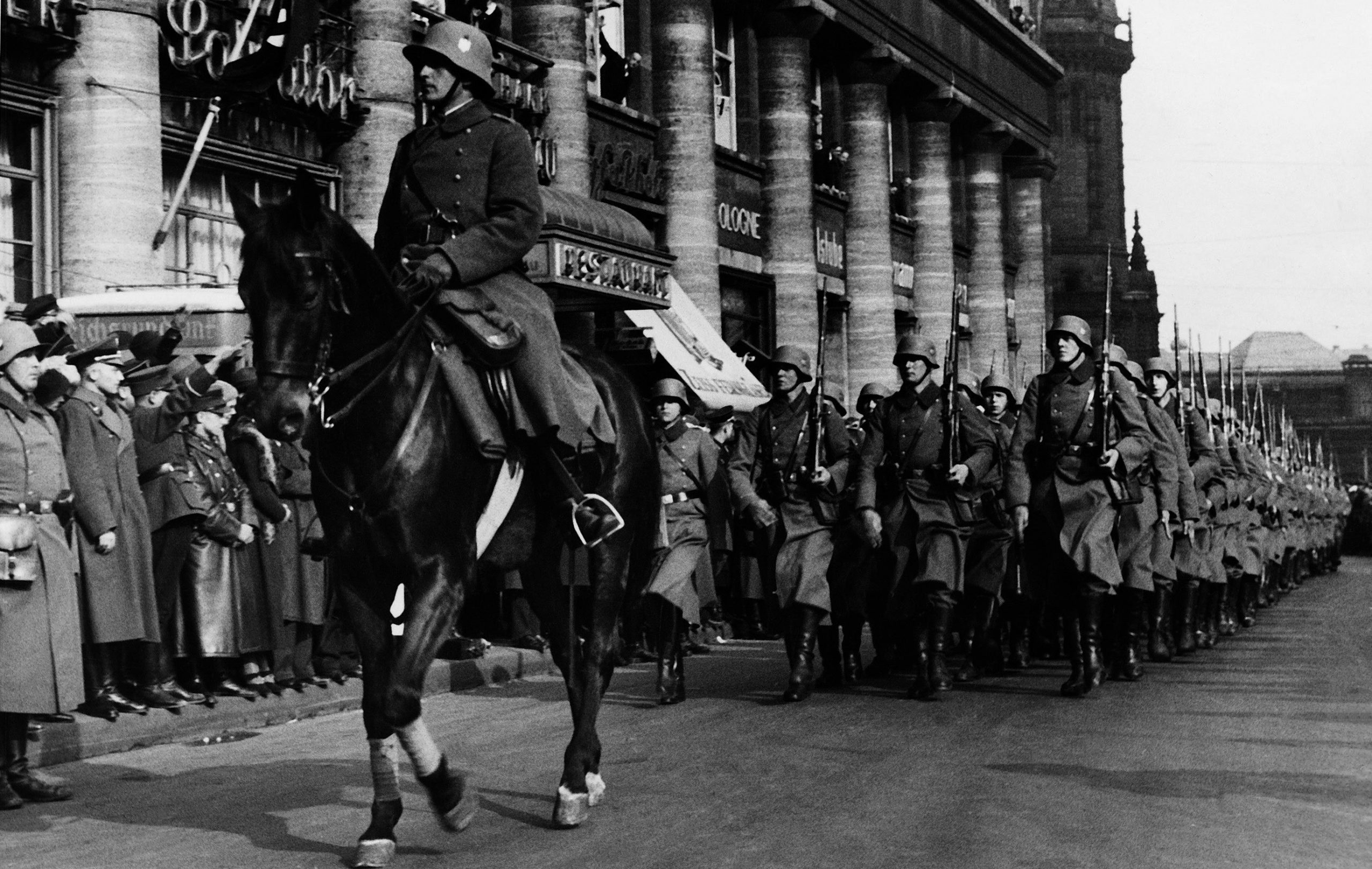
Since 1939, ‘appeasement’ has become a word often associated with weakness and cowardice, allowing an aggressor to get away without punishment. It stems from the interwar period, when the British foreign policy of appeasement was seen as contributing to Hitler’s rise and ultimately making the impact of the Second World War far more catastrophic. This module investigates the causes and assesses the impact of appeasement, from the Paris Peace Conference and the Treaty of Versailles at the end of the First World War through to the outbreak and first few months of the Second World War. Some key personalities are involved in the debate: Winston Churchill, Neville Chamberlain, Adolf Hitler and Benito Mussolini.
The exam for this unit contains three questions. The first question, based around three sources, is compulsory. The exam board wants you to show that you can compare and evaluate sources using your own knowledge in a balanced answer. The second and third questions do not use sources, and you only need attempt one of these two. In these questions the exam board wants you to show that you can understand causation, and make and evaluate a judgement. This is the type of question covered in this exam focus. All three questions have two parts, the first carrying 12 marks and the second 24 marks.
Your organisation does not have access to this article.
Sign up today to give your students the edge they need to achieve their best grades with subject expertise
Subscribe




